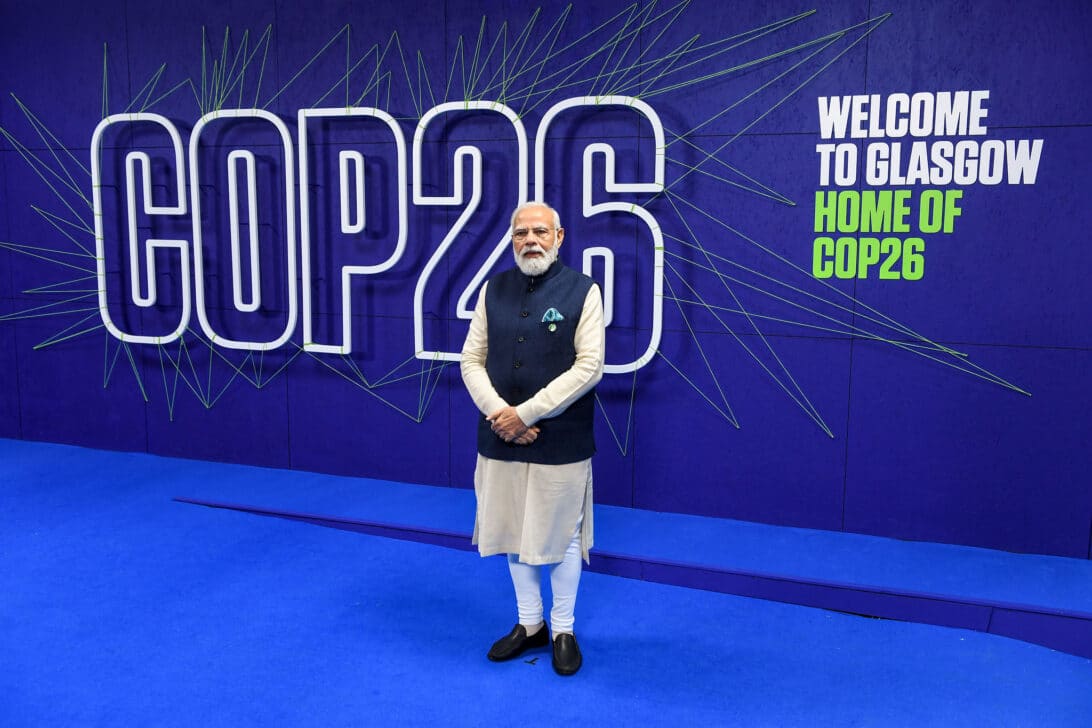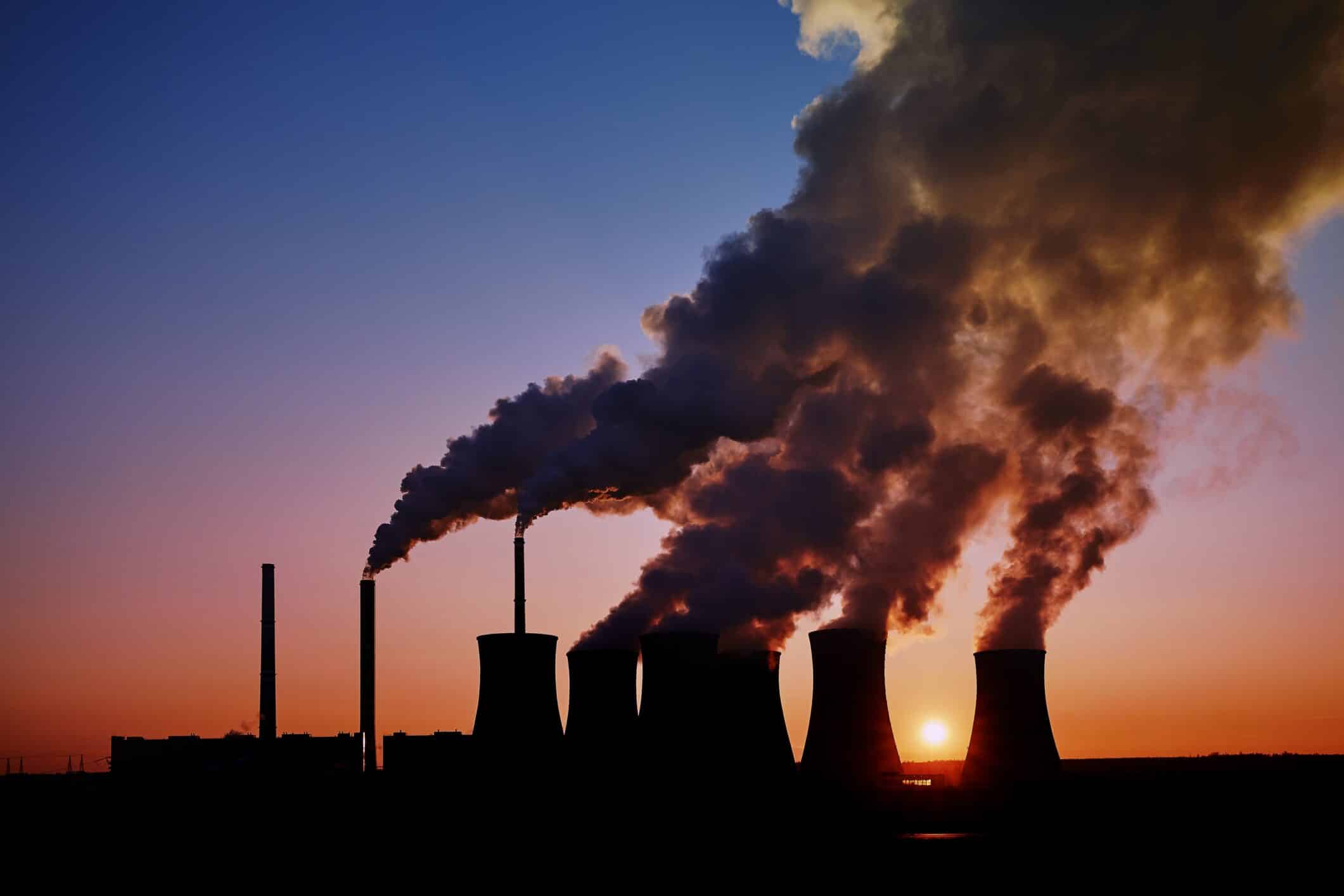What a difference one little word can make. The COP26 environment summit concluded over the weekend in a last-minute hijacking of proceedings by India and China to water down commitments to move away from coal, the most polluting energy source. The change of wording relating to coal in the final agreement, from ‘phase out’ to ‘phase down,’ has major implications.
The agreement, ratified by around 200 nations in Glasgow, is the first time that the reduction of fossil fuels has been specifically included in a similar treaty. This is an important breakthrough. But there are still many countries – led by China and India – which are highly dependent on the increasing use of fossil fuels to sustain their economic growth.
China has been putting a lot of emphasis on the energy transition, but the scale of its domestic energy requirements means it simply can’t keep pace through clean power production alone. China has pledged not to develop or finance coal-fired power stations outside its borders, but is ramping up use of coal in the country.

Indian Prime Minister Narendra Modi arriving at the COP26 World Leaders Summit of the 26th United Nations Climate Change Conference in Glasgow. Picture: Doug Peters/ UK Government
While India’s overall environmental efforts are not as concerted as China’s, they argue that they shouldn’t be penalised in their growth ambitions when richer nations, which are responsible for the majority of greenhouse gas emissions to date, have profited from dirty growth over their history.
Bhupender Yadav, India’s environment and climate minister, commented to Reuters that the revision in the text of the agreement to ‘phase down’ coal use reflected the “national circumstances of emerging economies.”
“We are becoming the voice of the developing countries,” he said, saying the agreement had “singled out” coal but ignored oil and natural gas.
“We made our effort to make a consensus that is reasonable for developing countries and reasonable for climate justice,” he said.
Overall, the COP26 has been seen as a partial success, with some important commitments relating to reductions in deforestation and methane emissions as well as a carbon markets deal that permits countries to buy offset credits, representing emission cuts by others, to contribute to meeting their climate targets. There’s also a commitment to meet more regularly to make sure that countries don’t drag their heels on delivery of their pledges – and potentially address areas where there’s been inadequate progress at this summit.
But the agreement as a whole is somewhat of a fudge; the result of complex wrangling by the organisers to get consensus wherever possible.
Antonio Guterres, UN Secretary-General, admits as much: “The approved texts are a compromise. They reflect the interests, the conditions, the contradictions and the state of political will in the world today.”
And as seen by the transformation of that one little word ‘out’ into ‘down’ at the very last minute, that political will was enacted with clinical precision by two of the leading actors in the climate saga. No wonder the British COP26 president, Alok Sharma, was visibly tearing up at the end of a gruelling and ultimately not-quite-there process.
Subscribe
Sign-up to receive our newsletter





